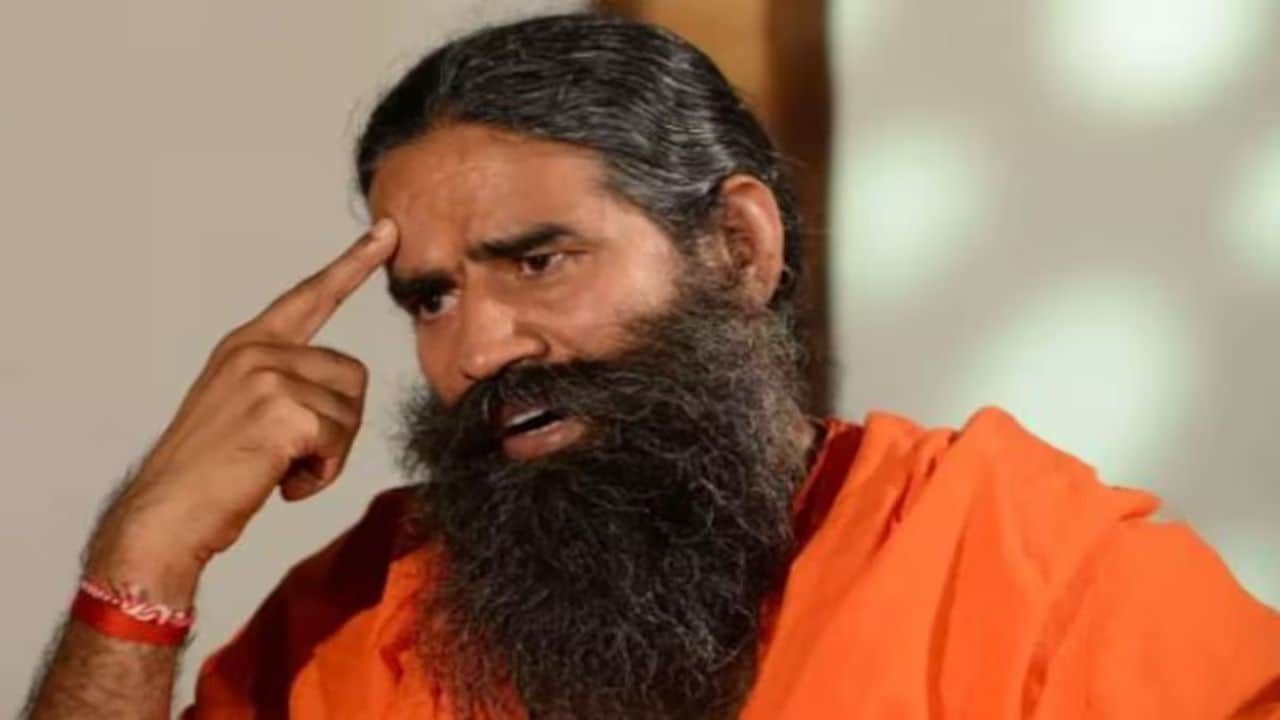Patanjali Foods has agreed to immediately withdraw advertisements and video content disparaging the iconic beverage Rooh Afza, after the Delhi High Court sharply criticised Baba Ramdev for promoting communal rhetoric. The court deemed the remarks made in the campaign — where Rooh Afza was labelled part of “Sharbat Jihad” — as “indefensible” and “shocking to the conscience of the court.”
During a hearing on Tuesday, Justice Amit Bansal directed Ramdev to submit an affidavit within five days, undertaking that he would refrain from issuing any further statements, advertisements, or social media content resembling the recent inflammatory promotion. The matter will be heard again on 1st May.
Senior advocate Rajiv Nayar, representing Patanjali and its founder, informed the court that they had decided to withdraw all related advertisements, both in print and digital formats. “We are pulling down the videos,” Nayar stated, signalling a course correction under legal pressure.
The controversy erupted after a video dated 3rd April, in which Ramdev compared Hamdard’s Rooh Afza to toilet cleaner and accused the company of funding religious institutions through its profits. “On one side, there’s poison like toilet cleaner, and on the other, a company making sharbat that funds mosques and madrasas,” Ramdev had claimed, also coining the term “sharbat jihad” — an expression that quickly drew backlash for its blatantly communal tone.
Senior advocate Mukul Rohatgi, representing Hamdard Laboratories, told the court that Ramdev’s actions amounted to more than mere product disparagement. “This goes beyond defamation. It is an incitement to communal disharmony — tantamount to hate speech,” he said. Rohatgi urged the court to act decisively, arguing that “a hard hand is required to nip this in the bud,” adding, “we already have enough divisions in the country.”
This isn’t the first time Ramdev has drawn judicial censure. Rohatgi reminded the bench that the Supreme Court had previously reprimanded Ramdev over misleading advertisements and had initiated suo motu contempt proceedings against him and others for criticising modern medicine. The apex court had also directed him to issue a public apology in that matter.
As India prepares for crucial elections, the case underscores growing concerns around hate speech and communal polarisation being amplified through marketing and media platforms.
